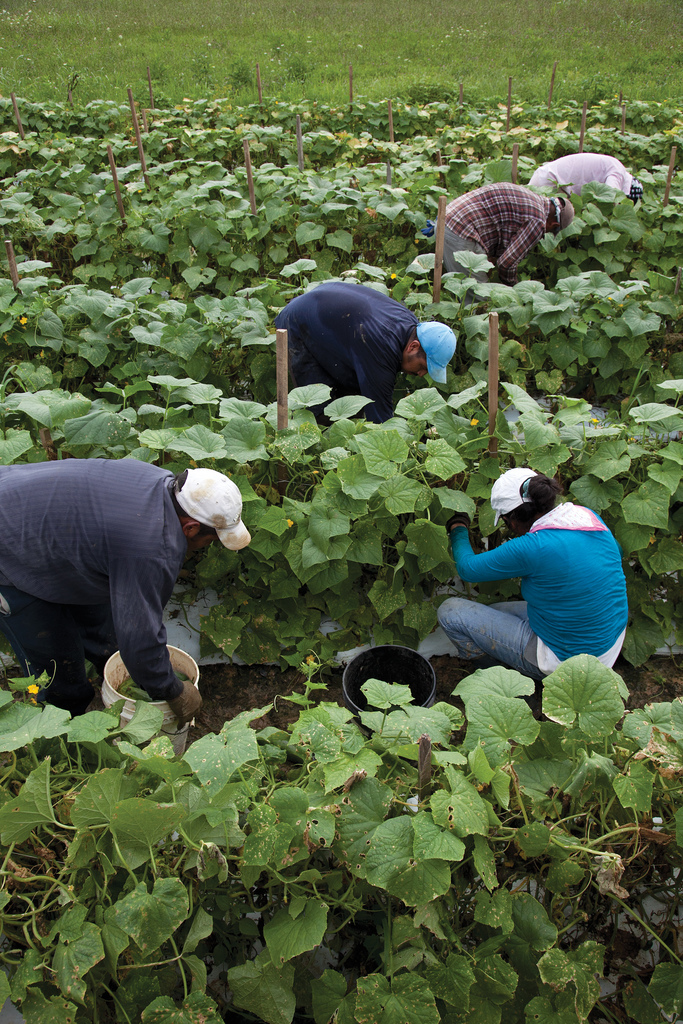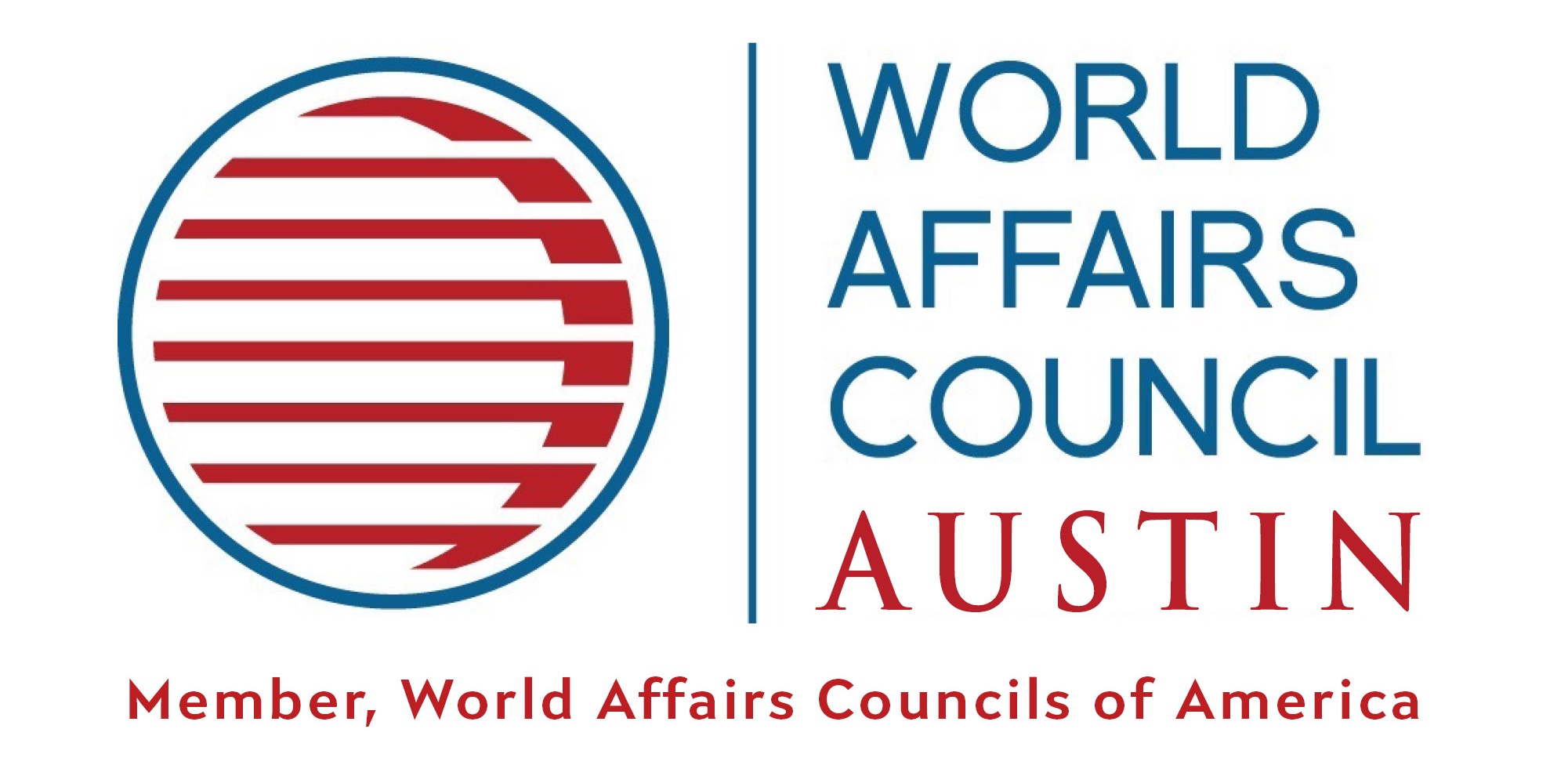An immigration paradox
“You can hardly go through a day, much less observe a holiday, without the fruit of their labor in your life” —David K. Shipler, The Working Poor
The topic of undocumented immigration is in need of some truth-telling:
We fear the dispossession of American jobs, the economic hurricane that is sure to drown our sense of security and welfare.
This is because Americans are presented with fear-mongering and disparaging rhetoric on this question—one that is petrified of unfamiliarity, that defends the “American Dream” with an iron fist.
As immigrants have crossed our nation’s borders, predetermined mentalities of remiss and carelessness has colored existing governmental policy and has affected the general disposition towards the Latino community, creating a massive unfortunate paradox within our society today: they are unseen victims and champions of our economic successes.
The life of the undocumented immigrant is profound in our daily interactions, and their presence is vital: their labor upholds our agricultural system, keeps the cost of living at bay, and remains economically advantageous.
Here is a beginning of what it means to be an unwelcome and active participant in the American Dream.

Their labor harvesting our summer strawberries and Thanksgiving yams contributes a 45.7 billion gain to the federal government, the State of Texas, and local entities in overall tax affect— despite no protection from federal labor laws, including the right to a minimum wage.
Undocumented farm labor supports the 28 billion fruit and vegetable industry in the United States, 85% of which is hand-harvested and/or cultivated. Stemming undocumented immigration would likely lead to a net drain on the United States economy as employers’ source of low-cost, flexible labor is taken away and the cost of produce increases for consumers.
We have created a political atmosphere and threatening paradox that takes advantage of their labor while condemning them for it; we have punished them for falling victim to the façade of the “American Dream” though they most embody its description: Our social responsibility to assist undocumented immigrants stems from our own beginnings as a nation of uninvited and unwelcome newcomers making a living in a land heralded for its economic possibilities.
American politicians and quick-to-judge citizens should realize that denying this population a fairer, more equitable manner to assimilate into society is depriving them of any opportunity to further contribute to the progress of the United States, and the ability to live within the structure of our civic institutions.
As United States policies continue to be shaped by fear, the future adults of America—who will be expected to be shining products of this long-held belief—will continue to be severely hindered by their governing system until realignment of policies and predispositions takes effect.
—Betsy McKinney is a student at St. Edward’s University in Austin, Texas, and an intern with World Affairs Council of Austin.
The opinions expressed in this blog/article are the author’s own and do not reflect the viewpoint of the WACA, or the World Affairs Councils of America.
